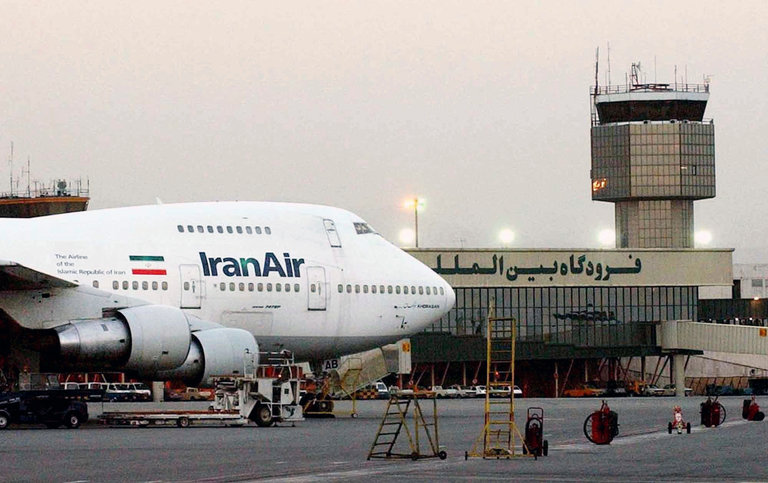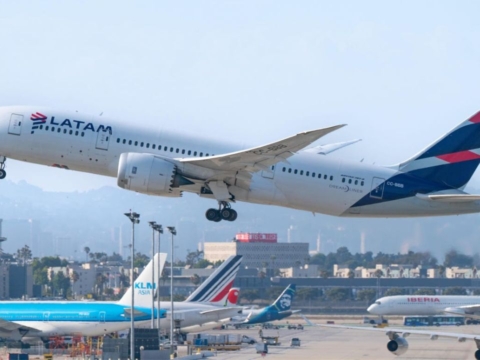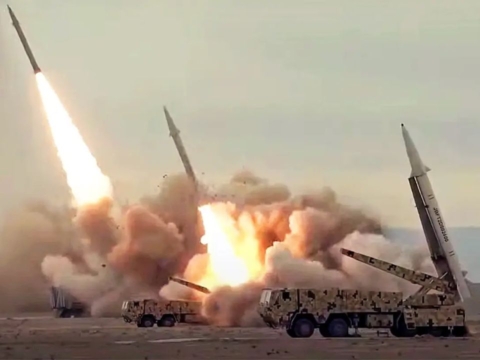
SAN FRANCISCO (Diya TV) — Iran and U.S. aircraft manufacturer Boeing signed a deal for the sale of 80 airplanes on Sunday, five weeks before the inauguration of president-elect Donald Trump, whose Republican counterparts in Congress have spent countless hours attempting to block any aircraft sales to Iran.
The country’s national airline, Iran Air, said that it had signed an agreement with Boeing to purchase the aircraft at a total cost of $16.6 billion.
Back in September, the Treasury Department gave its blessing to Boeing, and its European competitor, Airbus, to sell planes to Iran. Boeing has confirmed the deal, saying the agreement was reached within the terms of the government license that the department had issued.
The sale includes 50 twin-jet, narrow-body 737 planes and 30 long-range, wide-body 777 aircraft. The first planes are scheduled for delivery in 2018, the entire deal will be fulfilled over a span of 10 years. In a statement, Boeing said the deal would support tens of thousands of American jobs directly associated with the production and delivery of the planes, as well as another 100,000 jobs across the aerospace industry in the U.S.
For nearly 40 years, no American companies were allowed to engage in significant business with Iran, which officially views the United States as an archenemy. However, the deal not only represents a transaction, but ensures there will be a long-term relationship between Boeing trainers and employees of Iran Air.
However, the likelihood of the deal being completed has been decreased with the election of Donald Trump.
The bill introduced by House Republicans attempts to stop the sale of aircraft to Iran, obliging the Treasury Department to refuse the licenses needed by American banks to finance such an agreement. It passed a vote in the House of Representatives in November, but President Obama has vowed to veto the legislation if it gains Senate approval as well.
Trump, like with several of his opinions, has more than one on Boeing going into business with Iran. In June, his campaign issued a statement on the negotiations between Iran and Boeing, saying, “The world’s largest state sponsor of terror would not have been allowed to enter into these negotiations with Boeing without Clinton’s disastrous Iran nuclear deal.”
But in January, he complained in a post on Twitter that after the nuclear agreement, which was enacted that month, the Iranians were going to spend their money in Europe rather than in the United States.
“Iran is going to buy 116 jetliners with a small part of the $150 billion we are giving them … but they won’t buy from U.S., rather Airbus,” he wrote.
With American financial institutions possibly being blocked from financing and maybe even transferring money in the deal, it remains unclear how Iran could afford to pay for the aircraft. The Iranian state news agency, IRNA, in a report on the deal, made no mention who would finance the purchases. It did say that the agreement was not yet fully finalized.
Information from the New York Times contributed to this article.




